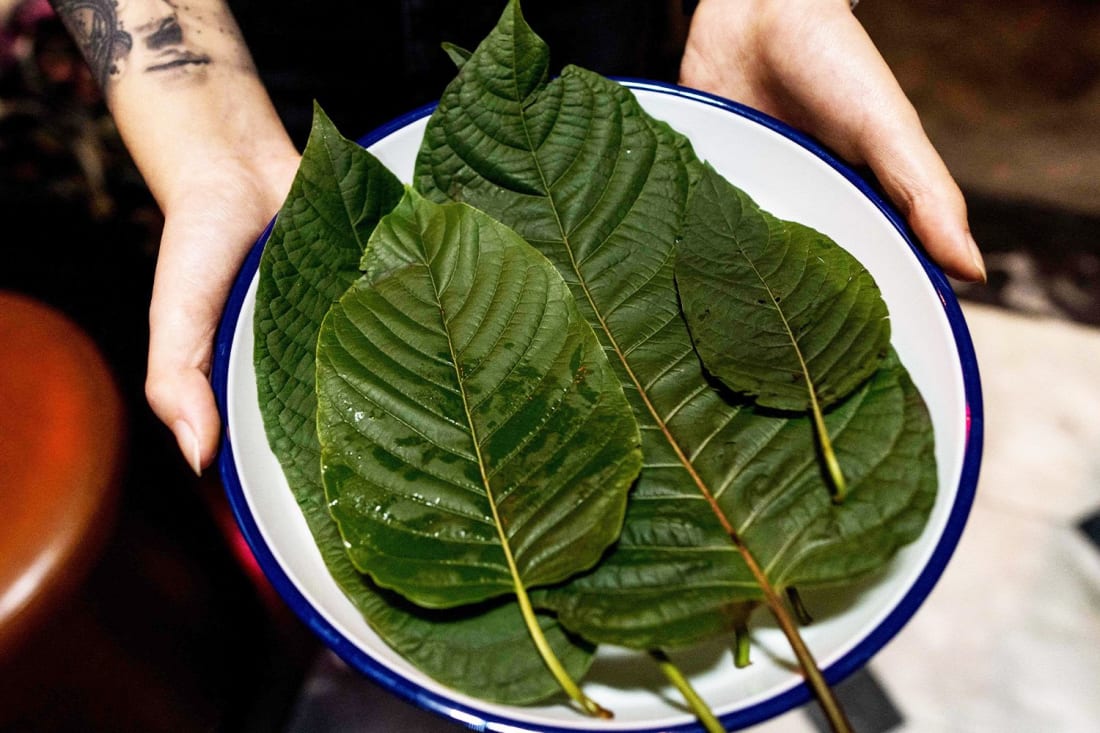What a dietician *really* thinks about TikTok gut health advice
Gut health: not the sexiest of topics, but essential all the same...
Gut health: not the sexiest of topics, but essential all the same...
Every few months, almost without fail, gut health advice videos go viral on TikTok, providing users with “healthy gut hacks” and ways to alter their body to achieve optimum stomach wellness. The TikTok hashtag #guttok currently has over 550 million views, and includes videos suggesting gut healthy lunches, morning routines, ingredients to avoid, and 'sneaky foods that can cause bloating'.
But how good is all this advice, really? Not to sound like your mum but, while it's great to spread awareness and break down the taboo, it's good to be cautious about building a diet or lifestyle solely around tips you see on TikTok. In the same tradition as other TikTok trends – make-up and beauty tips, ways to slack off work, and methods for getting to sleep quickly – gut health content floods onto millions of TikTok feeds unfiltered and without much, if any, fact-checking. In short, it's the perfect environment for misinformation to spread.
So you can get to the bottom of what you can actually do to improve your gut health, we called up Jo Cunningham, Registered Dietitian and Clinical Director at The Gut Health Clinic, to answer all the questions you might want to ask about gut health.
For starters, what even is 'gut health'?
Your gut, for those who aren't in the know, is the gastrointestinal tract which runs from your mouth through the oesophagus, stomach, small and large intestine to your bum. In simple terms, it's a tube that helps food be digested by your body and released into your blood stream. Living inside the gut are literally trillions of bacteria, which make up the 'gut microbiome'.
The bacteria here can be divided into good and bad bacteria: the good bacteria helps your body digest food while too much bad bacteria is linked to problems such as Crohn's Disease, Irritable Bowel Syndrome, high blood sugar and high cholesterol.
Everyone has a different gut biome: you're born with it. Environmental factors such as where you live contribute to what your gut health looks like and it can also be impacted by the food you eat.
TLDR: "gut health" refers to reaching a healthy balance of bacteria in your gut.
Do you need to improve your gut health?
To get to the bottom (no pun intended) of what your gut health looks like on a day-to-day basis, you need to get comfortable with looking at your own poo and knowing what’s normal for you in terms of colour, frequency and consistency. For context, most healthy poo comes in varying shades of brown and is soft to firm in texture but varies from person to person. You can also get a good indication of whether your gut health isn't in great shape if you experience symptoms such as flatulence or bloating.
“If you notice symptoms outside of your normal, then this could be a sign of a gut-related health condition,” gut health specialist Jo Cunningham says. “In which case we’d always recommend visiting your doctor before doing anything with the diet as there may be certain conditions that need to be ruled out. If necessary, speak with a registered dietitian who is considered the gold standard when it comes to practising evidence-based nutrition advice. A self-described 'nutrition expert' [without sufficient credentials] may not be qualified appropriately to safely assess you and can lead to more harm than good.”
Foods that can help your gut health
A way to influence your gut health is through the food you eat. Commonly, processed foods, artificial sweeteners and red meat are considered to be detrimental to your gut. But what about the foods that you should be eating? You may have heard the benefits of chia seeds and lemon touted across the internet, but the key to improving your gut health is a little more complex than that.
“There’s no one best food for gut health,” Cunningham explains. “Plant foods full of fibre that are most beneficial to our gut microbes which are connected with improved gut health and overall health. Aim to include at least 30 different plant foods from each of the super six categories: fruits, vegetables, legumes, whole grains, nuts and seeds, herbs and spices."
Do gut health dietary supplements actually work?
Many people supplement their diet with vitamin pills and things they may be lacking in their food. There are even supplements marketed towards targeting specific solutions, such as promoting hair growth or clear skin. But are there any supplements or vitamins which work for improving gut health?
There's no denying that supplements are increasingly popular, with a 2021 study finding that over 71 percent of adults are taking food supplements, up by 19 percent since 2019. However, Cunningham does not necessarily recommend them for gut health, as we *should *be able to get everything we need through a balanced diet.
There are a couple of important caveats, however. “The only exception is vitamin D,” she adds, “where the whole population over the age of 1 should be supplementing with a minimum of 400IU per day. There are also some individuals who could benefit from supplements. For example if following a vegan diet you will need to supplement with vitamin B12, iodine and an omega 3 supplement where animal foods provide us with those nutrients usually.”
Is it true that probiotics help gut health?
Probiotics are forms of live yeasts or bacteria which are thought to have health benefits and are often associated with good gut health. You may have seen that there are various probiotic yoghurts and supplements available to buy, but are they worth investing in?
According to Cunningham, not really – unless you happen to have a pre-existing condition which certain probiotics might be able to help counteract. “If you’re healthy then there’s no reason to suggest taking a probiotic,” Cunningham says. “The evidence just isn’t there to support their use for the general population. If you do have a health condition, and there’s scientific evidence to suggest a probiotic could be beneficial, then it’s important to match the strain of probiotic to the symptom or condition, as not all probiotics are the same. Different probiotics do different things!”
Is it worth testing gut health?
Type "gut microbiome test" into Google and you'll get an array of results for different services that take a sample of your poo to analyse what sort of bacteria it contains and measure gut inflammation. It sounds good in theory but, according to Cunningham, the evidence isn’t there yet regarding gut microbiome tests.
“The tests are a snapshot in time, and can give us a clue as to the diversity within someone’s gut, but we can’t then say you don’t have X bacteria in your gut so you need to eat X to improve it. Generally speaking the results tend to recommend eating a wider variety of plant foods to improve your diversity, and we can tell you that without spending money on a test!”
And, finally, what do experts think about #guttok?
How about Cunningham's take on TikTok gut tip accounts? Well, for her, it's only worth listening to tried-and-tested specialists who have the qualifications to match their claims. “Try to find the accounts of registered dieticians who are likely to post much higher quality information that you can trust isn't going to affect you negatively.”



